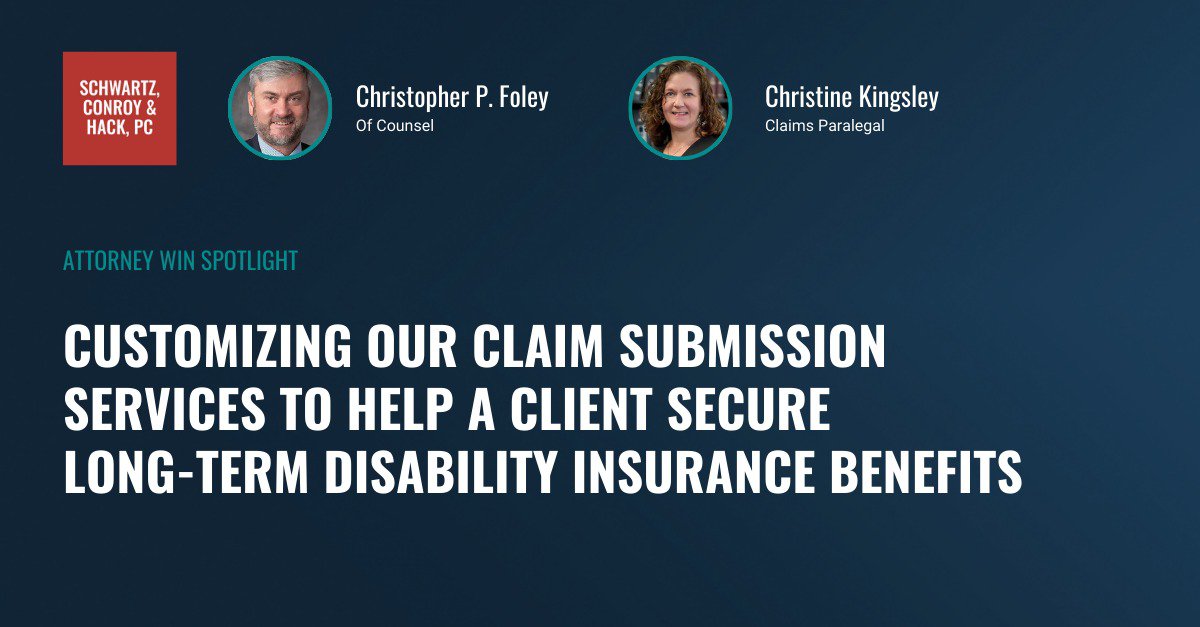Insurance policies, which are contracts between an insurance company and an insured, are complex documents that can be rife with ambiguities. Disputes often arise between insurance companies and their insureds, and when they do, courts must apply various rules of insurance policy language construction to determine whether coverage exists under the policy.
Examining Contract Language
As with other types of contract disputes, the courts will look to enforce legal insurance contracts based on the intent of the two parties. The insurance policy must be read as a whole to determine what the insurance company and the insured reasonably intended when they entered into the contract. The policy language that the parties agreed to will generally be read based on the wording’s plain, ordinary and popular meaning. If the meaning is clear and unambiguous, it must be taken at face value. The court cannot add or delete terms or change the meaning of the wording, or conclude that the parties probably intended something else, such as deciding that a particular exclusion should be applied because it was inadvertently left off the policy. However, when the language is ambiguous – which happens all too often – the court must use additional methods to determine the parties intent.
Coverage vs. Exclusions
When an insured brings a lawsuit against an insurance company for denying coverage, the court will look first at the grant of coverage to determine if coverage exists. The burden is on the insured to prove that coverage exists. If the grant does in fact provide coverage, the court will examine any exclusionary clauses, to see if they preclude or limit coverage for the claim in question.
All parts of the policy must be considered together to see how various clauses impact each other. But, each exclusion is meant to be read independently from the other exclusions.
In determining whether a particular exclusion applies, the burden of proof shifts to the insurance company. The insurer is required to make the meaning of exclusionary clauses clear and plain and to bring these exclusions to the insured’s attention. If the exclusion is clear and it was properly communicated to the insured, the exclusion must be enforced as written. However, if these parameters are not met, the court will generally hold that coverage exists.
Changes in Policy Renewals
When an insurance company makes changes to a policy upon renewal, it must clearly communicate these changes to the policyholder. When an insurer fails to properly notify the insured of a new exclusion at renewal, the exclusion will not be considered part of the policy. But if the insurer has taken the appropriate steps to provide notice of the additional exclusion, the courts will generally enforce the policy change, even if the policyholder claims ignorance.
Sometimes there are disputes arising over whether a policy is considered a renewal of an existing policy or a completely new contract. Generally speaking, courts have found that for a policy to be considered a renewal, as opposed to a brand-new policy, the terms cannot be significantly different.
Enforceability of Binders
When an insured needs coverage immediately, an insurance agent may sometimes issue a binder that provides protection while a more detailed policy is drawn up. If a loss occurs between the issuance of the binder and the formal policy, courts will interpret the binder as an interim or temporary contract that is fully enforceable. However, due to the incomplete nature of the binder, courts may need to look to evidence outside the binder to determine the intentions of the parties. Courts will look to “(1) the specific terms contained in the binder or incorporated by reference, and (2) to the extent necessary as gap fillers, the terms included in the usual policy currently in use by the insurance company.”1 Courts will consider any evidence that is available from the parties’ negotiations to determine what the parties intended, and in particular, any policy forms or modifications to those forms that were exchanged by the parties in the negotiation process. If the intent of the parties still cannot be determined, courts may look at the customary terms of the insurance company’s policy form to fill in the gaps.
If you are involved in a dispute with your insurance company, contact us. We have the expertise, experience, and tenacity to make insurance companies keep their promises to you and your businesses.
Footnote:
- World Trade Center Props., L.L.C. v. Hartford Fire Ins. Co., 345 F.3d at 169 (2nd Cir. 2003).

